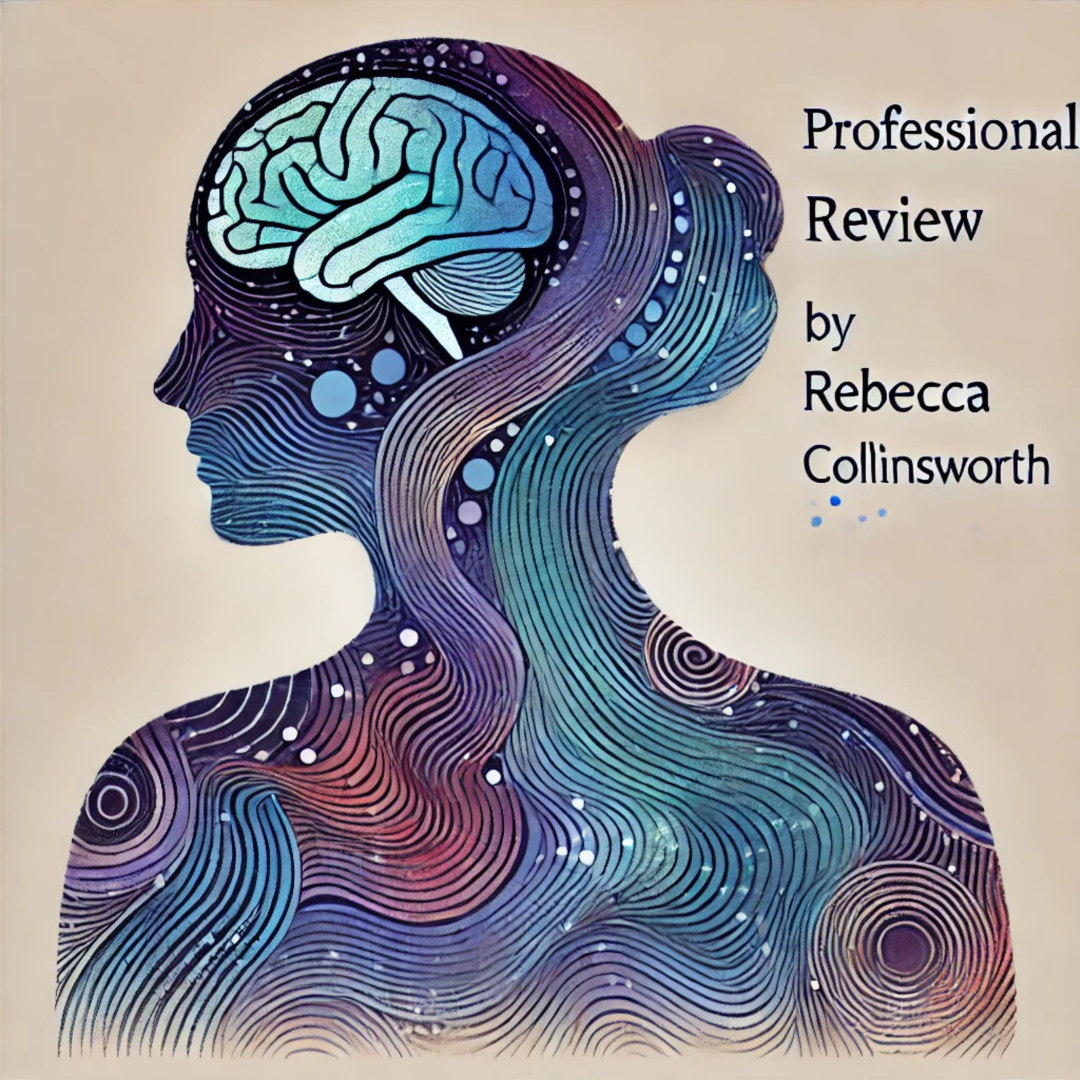The Mastery of Self by Don Miguel Ruiz Jr. is a profound guide to personal freedom, rooted in the ancient Toltec teachings of self-mastery. Following in the footsteps of his father, Don Miguel Ruiz Sr., the author of The Four Agreements, Ruiz Jr. explores the path toward liberation by teaching us to master the mind and reclaim personal sovereignty. The core message is simple yet transformative: freedom comes from detaching from the illusions and narratives that have been imposed upon us and learning to live authentically.
The Illusion of the External Dream
One of the central themes in The Mastery of Self is the idea that we live in an “external dream”—a metaphor for the perceptions, beliefs, and values we adopt from our family, culture, and society. While we may believe these are our own, Ruiz Jr. argues that many of them are inherited and often in conflict with our true selves. The journey toward self-mastery begins by recognizing that the chaos we experience in life is not external—it originates from within. The conditioning we have absorbed shapes how we see the world, and it is only by becoming aware of this conditioning that we can begin to free ourselves from it.
This perspective is not only liberating but empowering. The book teaches us that by mastering our inner world—our thoughts, emotions, and reactions—we can create peace, regardless of external circumstances.
Breaking Free from Attachments
A key aspect of The Mastery of Self is the practice of detaching from the many attachments we hold. Attachments are not just material possessions or relationships—they are also the ideas, identities, and beliefs we cling to for security. Ruiz Jr. emphasizes that true freedom comes from releasing these attachments and learning to live without the need for approval, validation, or control.
This lesson resonates deeply in both personal and professional contexts. Whether we are striving for success in business or seeking fulfillment in our personal lives, the attachments we hold can prevent us from living authentically. By letting go, we free ourselves to create a life that aligns with our true desires, rather than one shaped by external expectations.
The Role of Awareness in Self-Mastery
Awareness is the foundation of self-mastery. Ruiz Jr. teaches that we must first become aware of the patterns, beliefs, and behaviors that are not truly our own. Many of us operate on autopilot, reacting to life based on unconscious conditioning. But when we develop awareness, we can begin to make conscious choices that reflect who we truly are.
Self-mastery, then, is not about controlling the outside world—it’s about mastering our internal experience. When we do this, we gain the freedom to live with intention, rather than being driven by fear or the need for validation.
Love as the Ultimate Tool for Freedom
One of the most beautiful aspects of The Mastery of Self is its emphasis on love—specifically self-love. Ruiz Jr. argues that the path to personal freedom is paved with love for ourselves. By cultivating self-love, we can stop seeking approval from others and start living in alignment with our own truth. This lesson is especially relevant in today’s world, where comparison and external validation are so often glorified.
Self-love allows us to face our shadows without judgment and gives us the strength to detach from the narratives that no longer serve us. It is through self-love that we find the courage to break free from old patterns and create a life that reflects our deepest values.
Conclusion
The Mastery of Self is an essential guide for anyone seeking personal freedom and authenticity. Don Miguel Ruiz Jr.’s teachings are both profound and practical, offering readers a roadmap to mastering their inner world and reclaiming their personal power. The book reminds us that true freedom comes not from external success, but from the ability to live authentically, without the need for approval or validation.
Whether you’re on a spiritual path or simply seeking more peace and balance in your life, The Mastery of Self offers transformative insights. It’s a book that has the power to change how you see yourself and the world—and it’s one I highly recommend.


